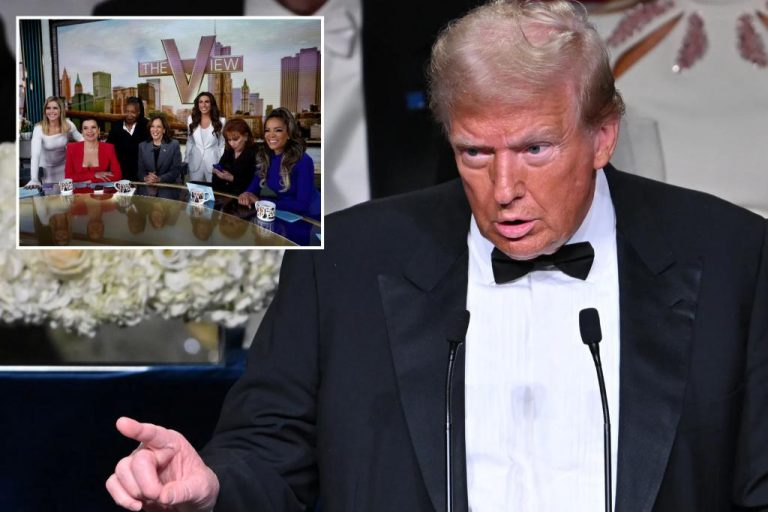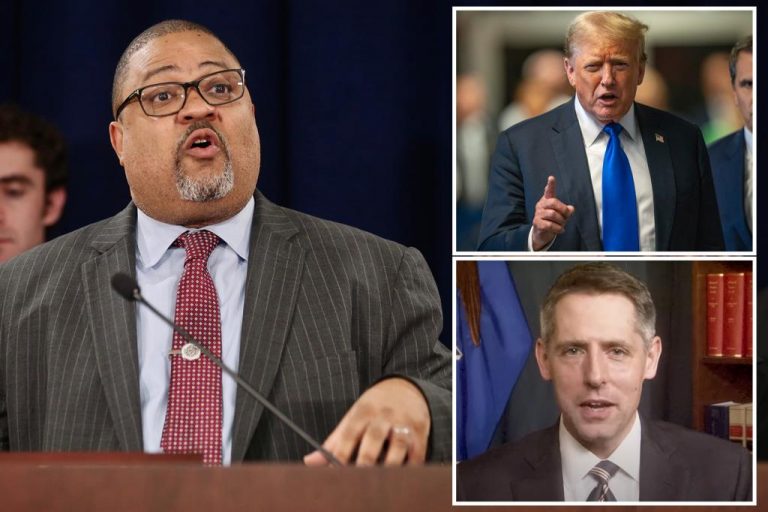Book claims Trump shocked Puerto Rico’s former governor with talk of nuclear attack
President Donald Trump allegedly stunned Puerto Rico’s former governor with a conversation about launching a nuclear first strike, a claim detailed in a book that has caused controversy and speculation. This revelation sheds light on the chaotic and unpredictable nature of the Trump administration and raises concerns about national security and decision-making processes.
The book, authored by Carol Leonnig and Philip Rucker, titled “I Alone Can Fix It: Donald Trump’s Catastrophic Final Year,” delves into the shocking incident that occurred during a meeting in the Oval Office in 2017. According to the authors, Trump’s comments left the former governor of Puerto Rico, Ricardo Rossello, feeling “floored.”
This disturbing account is just one of many troubling episodes detailed in the book, which provides a behind-the-scenes look at the tumultuous final year of Trump’s presidency. The authors recount numerous instances of erratic behavior, impulsive decision-making, and clashes with top officials that characterized the administration’s inner workings.
The allegations in the book have reignited discussions about Trump’s fitness for office and his approach to national security matters. The idea of a sitting president casually discussing the use of nuclear weapons is deeply concerning and underscores the importance of having a leader who demonstrates sound judgment and restraint in matters of war and peace.
The incident involving Puerto Rico’s former governor is particularly troubling given the island’s vulnerability and the ongoing challenges it faces in the aftermath of natural disasters and economic hardships. The prospect of a nuclear first strike against Puerto Rico, a US territory, is not only destabilizing but also raises questions about Trump’s grasp of constitutional and legal boundaries.
In response to the allegations, Trump and his supporters have vehemently denied the claims made in the book, dismissing them as baseless and politically motivated. However, the seriousness of the accusations and the implications for national security merit further scrutiny and examination.
The revelation about Trump’s discussion of a nuclear first strike underscores the importance of transparency, accountability, and oversight in the highest echelons of government. The power to wield nuclear weapons is a grave responsibility that requires thoughtful deliberation, clear-headed judgment, and adherence to established protocols and procedures.
As the debate over Trump’s presidency and legacy continues to unfold, the revelations in “I Alone Can Fix It” serve as a stark reminder of the fragility of democracy and the need to safeguard against abuses of power. The book offers a cautionary tale about the consequences of unchecked executive authority and the dangers of placing blind faith in a single individual to dictate the course of a nation.
Ultimately, the true impact of Trump’s presidency and the revelations contained in the book will be scrutinized by historians, policymakers, and the American public for years to come. The lessons learned from this tumultuous period in US history will shape future debates about leadership, governance, and national security, serving as a reminder of the enduring importance of upholding democratic norms and values.








